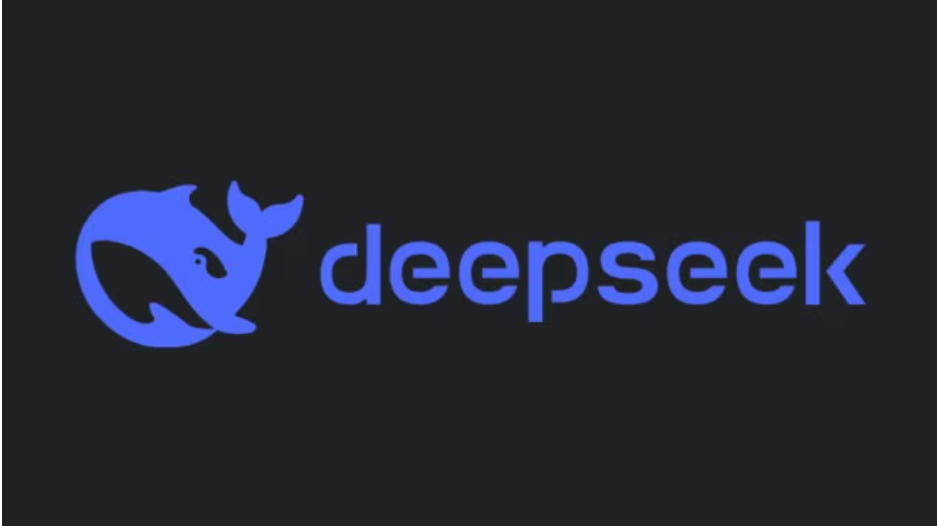In an era where artificial intelligence (AI) reshapes industries overnight, DeepSeek.com has emerged as a disruptive force, challenging tech titans and igniting global debates. Founded in 2023 in Hangzhou, China, this audacious startup is redefining accessibility in AI while grappling with critical questions about security and ethics. In this deep dive, we unpack DeepSeek’s meteoric rise, its revolutionary models, and the controversies that could shape its trajectory—and the future of AI itself.
What is DeepSeek.com? Breaking Down the AI Disruptor
DeepSeek.com isn’t just another AI startup—it’s a movement. Positioned as a democratizer of advanced AI tools, the company provides open-source, high-performance models tailored for developers, startups, and enterprises. Its flagship DeepSeek-V3 model, lauded for outperforming giants like OpenAI’s GPT-4 in speed and cost efficiency, exemplifies its mission: making elite AI accessible to all, not just tech conglomerates.
With a team of engineers and researchers hailing from top global institutions, DeepSeek merges cutting-edge innovation with a fiercely collaborative ethos. But beneath its open-source utopia lies a storm of scrutiny over data practices and security lapses.

The DeepSeek Vision: AI for the People, By the People
At its core, DeepSeek champions a radical idea: AI should be a communal resource, not a walled garden. By open-sourcing its models, the company empowers developers worldwide to build, tweak, and deploy AI solutions without prohibitive costs.
- Cost Revolution: Traditional AI development often requires millions in licensing fees. DeepSeek’s models slash these expenses by up to 90%, enabling startups to compete with industry giants.
- Global Collaboration: Over 15,000 developers have contributed to refining DeepSeek’s models, spawning applications in climate modeling, low-resource language translation, and precision medicine.
- Ethical Framework: The company advocates for “ethical open-source,” urging users to adhere to guidelines preventing misuse in areas like deepfakes or surveillance.
Yet, critics argue that this very openness invites risk—highlighting the tightrope walk between innovation and accountability.
DeepSeek’s Arsenal: Models Redefining AI’s Possibilities
DeepSeek’s models are engineered for speed, scalability, and versatility. Here’s how they stack up:
| Model | Key Features | Use Cases |
|---|---|---|
| DeepSeek-R1 | Modular architecture, energy-efficient design | IoT devices, edge computing, robotics |
| DeepSeek-R1 Lite Model | Lighter version for limited resources | Mobile applications |
| DeepSeek-Coder | Specialized for coding tasks; evolved into DeepSeek-Coder-V2 | Software development automation |
| DeepSeek Coder 33B & Coder 7B | Variants catering to different performance needs | Diverse coding environments |
| DeepSeek-Math | Tailored for mathematical computations | Scientific research |
| DeepSeek-V3 | 2x faster inference than GPT-4 | Real-time translation, financial analytics |
Developers praise V3 for its “bare-metal efficiency,” with one user noting it processes 10,000 tokens per second on consumer-grade GPUs. Meanwhile, R1’s modularity lets researchers extract specific capabilities—like image recognition or data parsing—without deploying full-scale models.
The Open-Source Paradox: Innovation vs. Vulnerability
DeepSeek’s open-source strategy has catalyzed breakthroughs but also exposed critical flaws:
- Security Breaches: In early 2024, a misconfigured database leaked 1.2 million user logs, including API keys and query histories. While DeepSeek patched the issue within hours, the incident fueled distrust.
- Ethical Gray Zones: Unlike Western firms, DeepSeek operates under China’s evolving data laws. Skeptics question how user data—potentially used for model training—is anonymized and stored.
- Malicious Use: A recent report flagged DeepSeek’s models in phishing campaigns, exploiting their natural language prowess to craft convincing scams. The company has since launched a Bug Bounty Program and partnered with cybersecurity firms like Qihoo 360. Still, experts urge stricter safeguards for open-source ecosystems.
Marketquake: How DeepSeek is Reshaping the AI Industry
DeepSeek’s ascent has sent shockwaves through the tech world:
- Price Wars: OpenAI and Google have slashed API costs by 40% to counter DeepSeek’s budget-friendly models.
- Geopolitical Tensions: As U.S.-China tech rivalry intensifies, DeepSeek symbolizes China’s ambition to lead the global AI race. The company now holds 12% of Asia’s cloud AI market.
- Startup Surge: Over 500 startups globally now rely on DeepSeek’s models to build localized AI tools—think agricultural bots for smallholder farmers.
“DeepSeek is the Linux of AI,” remarks MIT researcher Dr. Elena Torres. “It’s not just a product; it’s a grassroots movement.”
Community Voices: Excitement, Skepticism, and the Road Ahead
From Reddit threads to GitHub repos, here’s what users are saying:
- “DeepSeek-V3 crushes GPT-4 for budget analytics” – @DataDiva on X.
- “Coding? Still Team Claude” – A developer on HackerNews argues Claude Sonnet 3.5 outshines DeepSeek in code optimization.
- “Where’s the GDPR compliance?” – EU regulators demand clarity on data handling amid expansion into Europe.
Despite debates, DeepSeek’s Discord community has ballooned to 50,000 members, with daily hackathons pushing the models to new limits.
Conclusion: A New Chapter for AI—With High Stakes
DeepSeek.com embodies the double-edged sword of modern AI: groundbreaking potential paired with profound responsibility. Its open-source models have democratized AI in ways once unimaginable; however, security and ethical challenges loom large.
As the company navigates these hurdles, its choices will reverberate far beyond Hangzhou. For developers, DeepSeek offers a toolkit to reshape industries. For policymakers, it serves as a test case in balancing innovation with oversight. And for the world at large, it provides a glimpse into an AI-powered future—where accessibility and accountability must coexist.
The question isn’t whether DeepSeek will disrupt AI; it’s whether it can lead the charge responsibly.
